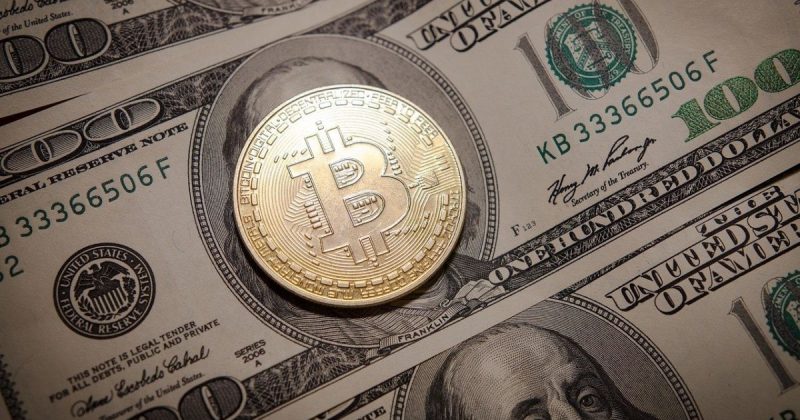On Wednesday, Federal Reserve Vice Chair, Lael Brainard, said that creating an official digital version of the US dollar, CBDC, might help preserve financial system stability as crypto assets and digital currencies produced by other nations become more popular.
In a testimony provided ahead of her hearing before the U.S. House of Representatives Financial Services Committee on Thursday, Brainard stated,
“As we assess the future digital financial system, it is prudent to consider how to preserve ready public access to safe central bank money, perhaps through the digital analogue of the Federal Reserve’s issuance of physical currency. […] We recognize there are risks of not acting, just as there are risks of acting”
The necessity for a central bank digital currency (CBDC) remains divisive among Fed policymakers, who have just completed a three-month public consultation session on the notion. The Fed has also stated that it would not initiate one unless it has unambiguous backing from the White House and legislators.
On the road to probable implementation, it lags behind its main global central bank rivals, including the European Central Bank, Bank of Japan, and Bank of England. According to the Atlantic Council, China is now piloting its own CBDC, while nine other nations have already done so and another 87 are considering it.
Brainard further stated,
“These events underscore the need for clear regulatory guardrails to provide consumer and investor protection, protect financial stability, and ensure a level playing field for competition and innovation across the financial system.”
The perils of loosely regulated crypto and stablecoins, which skyrocketed in value during the COVID-19 epidemic, have been brought into sharp relief, with the crypto market plummeting this month following the demise of key “stablecoin” terraUSD, and the LUNA crypto project. Bitcoin, the most popular crypto, has lost more than half of its value since November.
A CBDC would be produced and supported by the central bank, unlike cryptocurrencies, which are normally controlled by private players. If the US decides to create one, Brainard believes it should be constructed in such a way that commercial banks, which are so important to the financial system, are not disintermediated, for as by restricting the amount a person may store or transfer.
Brainard also proposed that the dollar’s worldwide prominence might be safeguarded by a US CBDC.
Others, including Fed Governor Christopher Waller, are more skeptical, pointing out that many dollar transactions are now digital and raising privacy issues.





